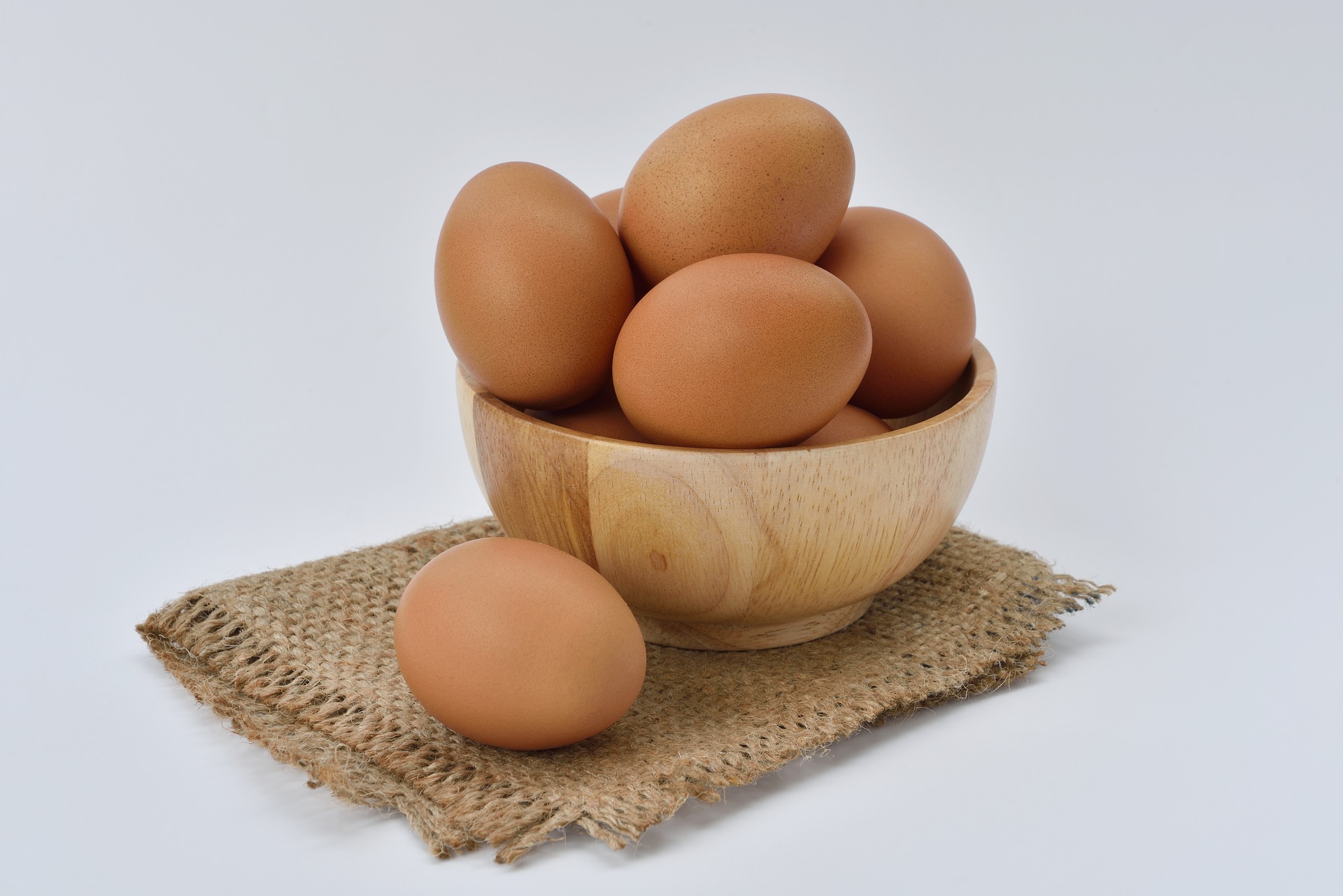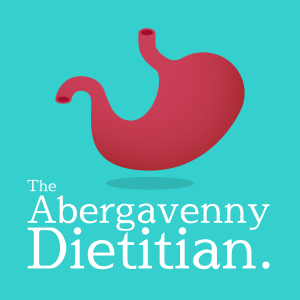In my blog post at the end of February, I talked about sports nutrition, and covered the importance of energy (calorie) balance and achieving a good balance of macronutrients (protein, carbohydrate and fat). However, I am still often asked a lot of questions about supplements of various kinds. I mentioned these only very briefly in that article, and so here I am going to look at this area a little more closely.
Are supplements good for you?
There are hundreds of different supplements on the market, with new and exciting options being released all the time. However, the vast majority of dietary supplements have no supported effects (and even the most effective contribute minimally to fitness outcomes).
Science is ever-developing, and some of these products may, in the future, be found to be useful. Some may be harmful. The majority of them are likely to be a waste of money for most people. However, there are a few which have a good body of evidence behind them – enough for Registered Dietitians and Registered Sports Nutritionists to recommend them to their clients.
The supplements with the most evidenced-based support for body composition, performance and health are:
- caffeine
- carbohydrate formulas
- whey protein
- casein
- multivitamins
- omega-3s
- creatine
These may have their place in specific circumstances (e.g. on very low-kcal diets, during prolonged or endurance training or during weight-gain [“bulking”] phases).
Caffeine
Caffeine is a stimulant which has some (fairly predictable) effects such as increased alertness and focus, increased pain tolerance, increased endurance and increased motivation. It can help you to train slightly harder in any given session, making it useful when you are facing a particularly hard or long session -or one you just feel too tired to start!
Be aware though, that the stimulant effects will not be specific to your muscles. If your training session is in the evening, a cup of coffee may spoil your sleep. It can also stimulate the bowel to contract, making it very unhelpful for those who already experience the dreaded “runner’s tummy”!
Carbohydrate formulas
Products such as sports drinks and gels are increasingly popular. These are designed to be used during exercise – supporting immediate energy needs and glycogen synthesis during prolonged exercise, such as your Sunday long run or an hour-long strength and conditioning session. The amount you take in will depend on the intensity of exercise but also your body weight. If you don’t refuel sufficiently, you may end up feeling weak and dizzy at the end of your workout- but it is also easy to overdo – resulting in diarrhoea or unwanted weight-gain.
Whey protein
Whey is one of the naturally occurring proteins found in milk. It is a high-quality protein and also extremely fast-digesting. Athletes may use this, alongside fast-digesting carbohydrate, to supply working muscles during workouts lasting 60 minutes or more, and also as part of a “recovery shake” straight after intense workouts as this may be more comfortable than eating more “solid” sources of protein. Whey concentrate is cheap and effective – but if you have problems digesting dairy, or prefer not to consume it, plant-based products using legumes, seeds etc are available too.
Casein
Along with whey, casein is the other main protein in milk. Unlike whey, it is very slow-digesting – and so taken at bedtime will provide a supply of protein to the muscles overnight. This may be relevant to those athletes who are attempting to maintain their muscle mass whilst also following a lower-calorie diet to lose body-fat.
Multivitamin supplements
As we have all been told many times, a balanced and varied diet should supply all the nutrients that we need. I would tend to recommend multivitamins only when there is a reason why an individual cannot follow an “ideal” diet – such as patients with bowel conditions which mean they cannot eat as much fruit and vegetables as they would like.
Omega-3 fat supplements
There is a vast body of research on the health benefits of Omega-3 fatty acids. The richest food source of these is oily fish, with smaller amounts being available on plant-based sources such as nuts and seeds. For those who do not include such foods in their diet on a regular basis, an Omega-3 supplement may be useful.
Creatine
Possibly the most controversial on this list. Creatine occurs naturally in the human body and is a part of the process that converts energy from food into muscle contractions. Creatine has been consistently shown to improve sports performance, particularly in power and strength sports – and yet the mechanisms for its actions are still unclear. It can also result in digestive issues and weight gain from water retention – side effects which some people feel outweigh the possible benefit.
Build your nutritional foundation first

It is REALLY important to remember that supplements only account for about 5% of the possible maximum effects of any diet plan!
Here’s a little breakdown of the effects of various aspects of your diet on sports performance:
- 50%: Eating the correct amounts of calories for your goal (fewer if you want to lose weight, more if you want to gain weight!).
- 30%: Choosing the correct macronutrients (as described in my previous sports nutrition blog).
- 15%: Choosing good quality food and timing your meals around your training plan.
- 5%: Supplements
If you eat the correct amounts of calories and macronutrients you will achieve 80% of the possible benefits of a diet …. But if you do nothing but take supplements, you will achieve only 5% of the benefits!
You need to have all the basics in place first. I always liken it to building a house – you can’t start putting up curtains and choosing a colour scheme for the walls when you haven’t even finished digging the foundations yet!
I’d be more than happy to help anyone tweak their diet to get the most out of their active lifestyle – and this can be easily done via an online consultation via Zoom. Alternatively, please do make sure you consult a Registered health professional – see the HCPC register for a Registered Dietitian or the Sports and Exercise Nutrition Register for a properly-qualified Sports Nutritionist.


